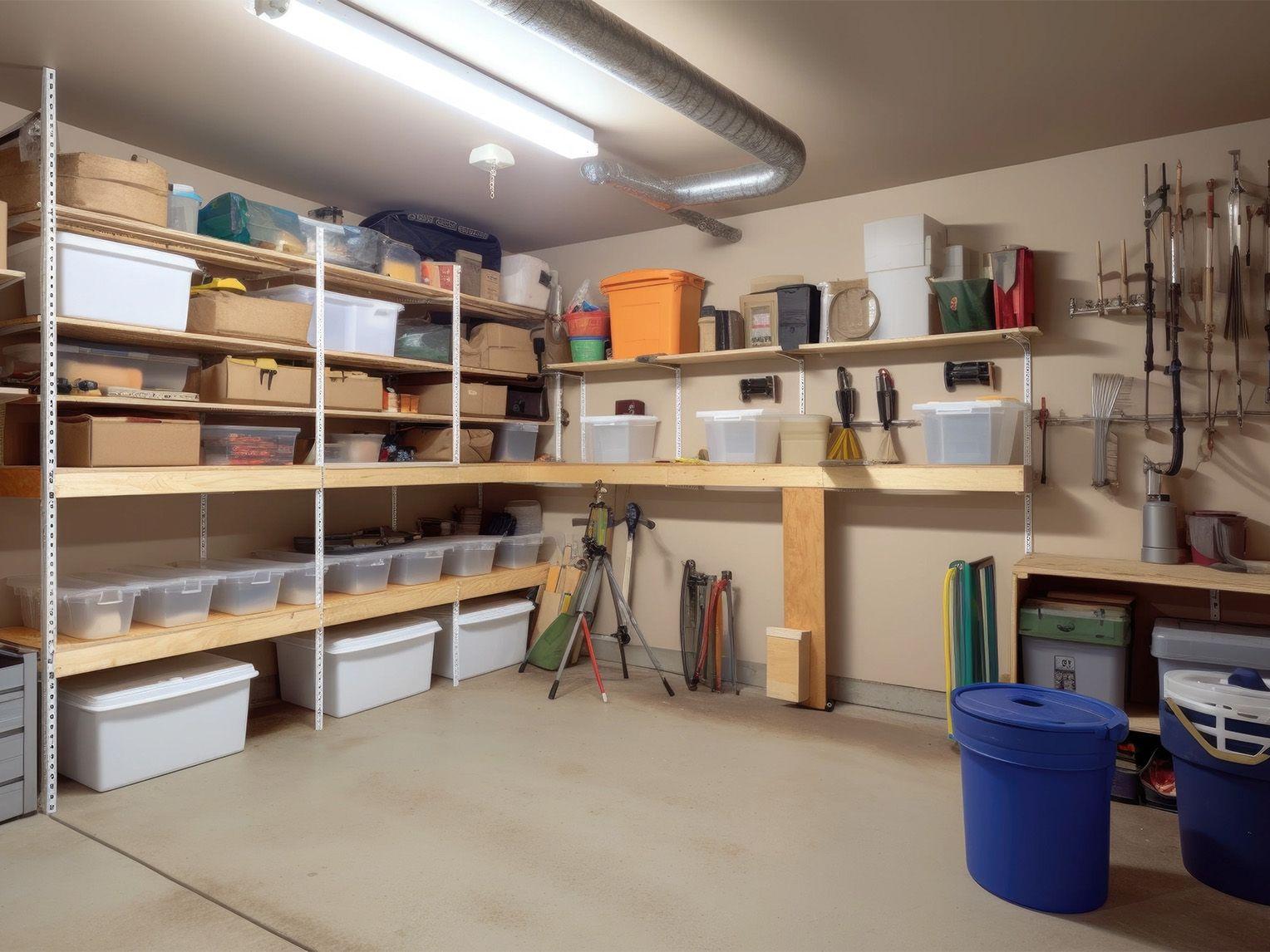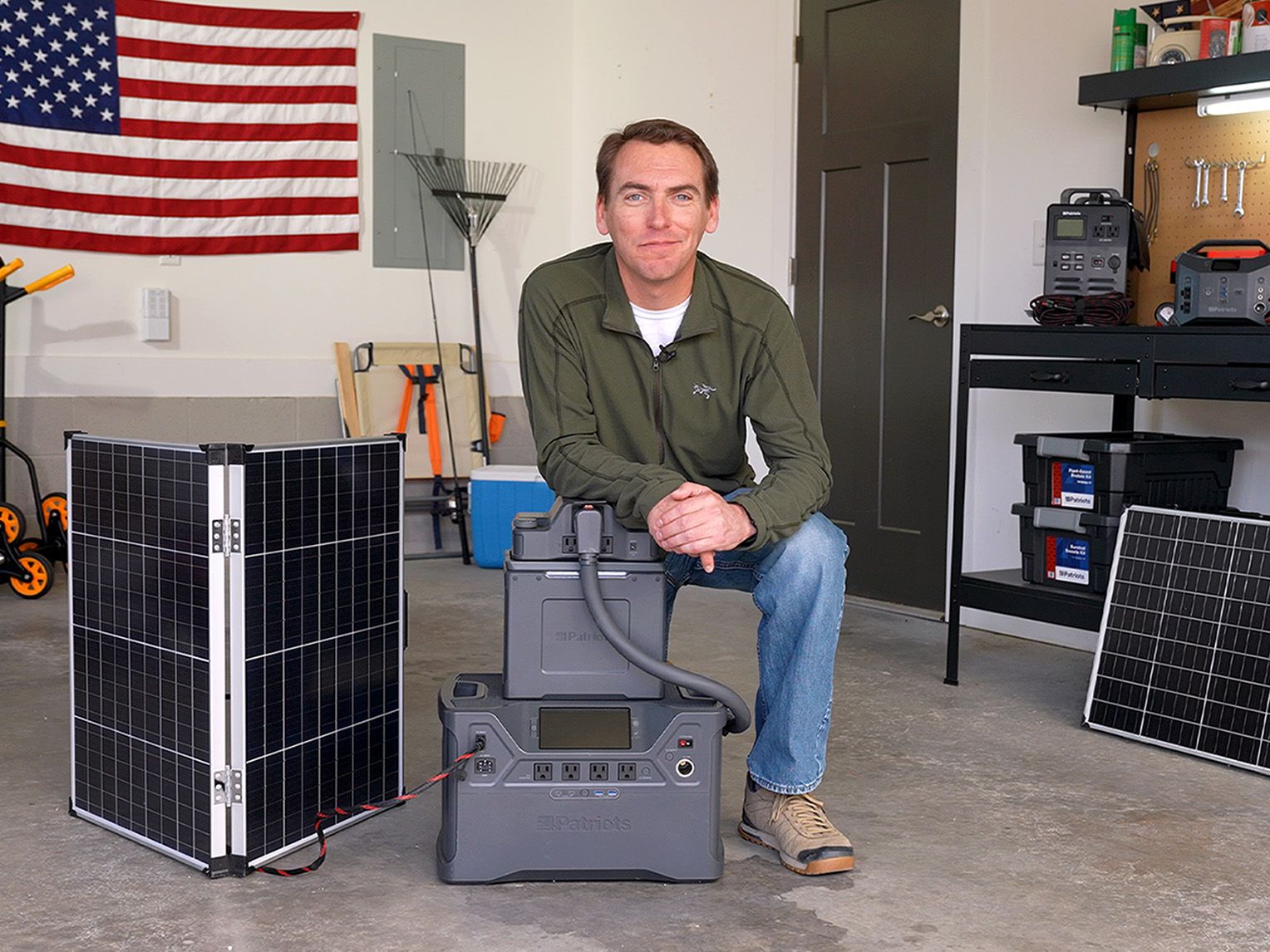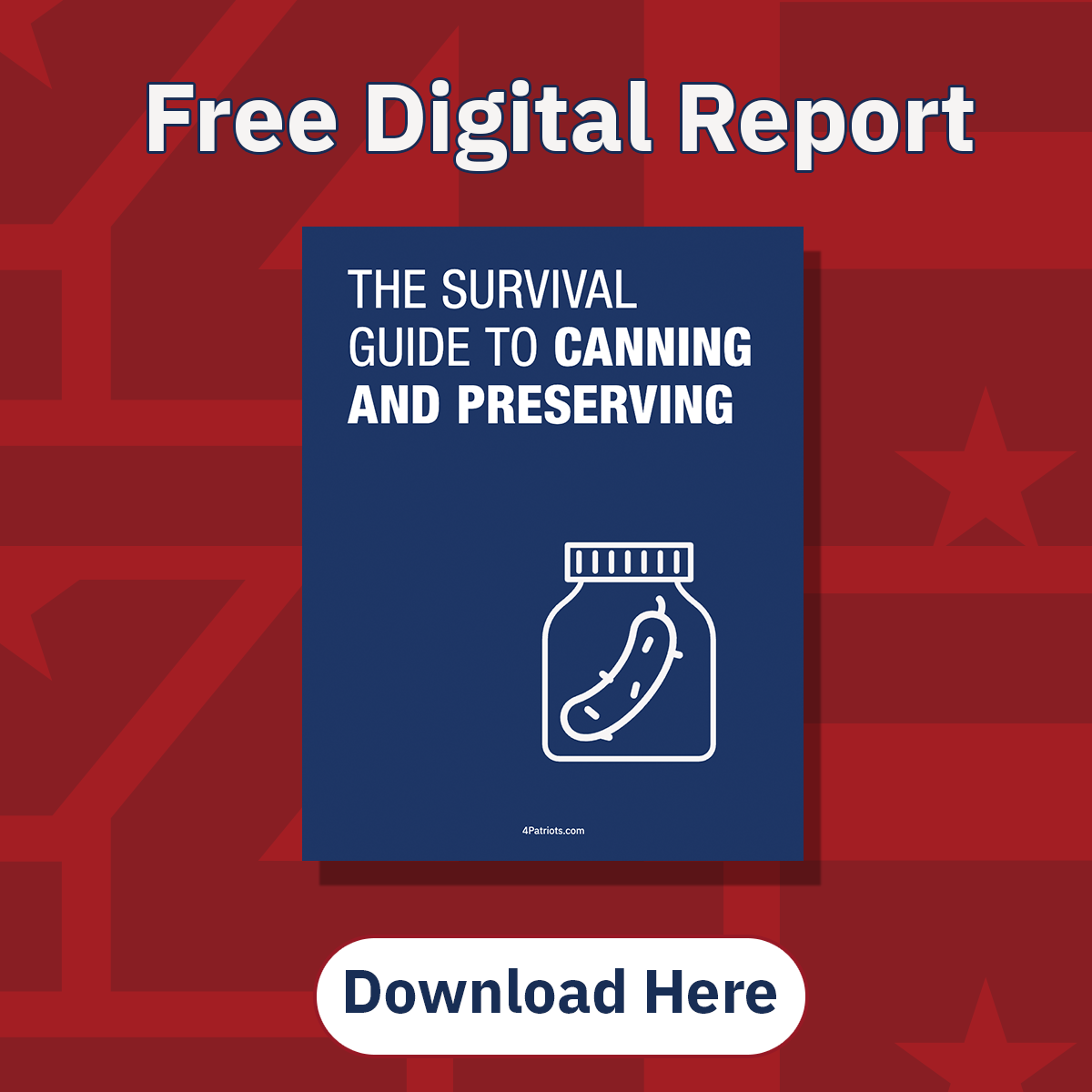5 Mistakes to Avoid When Building an Emergency Stockpile

We all know that stockpiling survival food and other necessities is a very good idea. It’s not only helpful during short-term emergencies. Someday it could literally be a lifesaver.
But that’s assuming you do it right. Unfortunately, too many well-intended folks make stockpiling mistakes. And those errors lead to problems.
Today I want to share with you what our preparedness expert, Seth Weller, says are the top five stockpiling mistakes. As well as providing advice on how to avoid them.
Seth has not only seen these mistakes made through the years. He’s also heard from the Customer Council team about how these errors negatively impact preparedness plans.

Take that first step
An emergency can overwhelm you like an elephant in the room. And how do you eat an elephant? You take one bite at a time. Starting sooner than later makes all the difference in ensuring you end up with a fool-proof plan…
That’s why first on Seth’s list of mistakes is not getting started. This seems like a no-brainer, but it’s far too common. Most people know they should stockpile survival food and other items. And they think about it periodically. But they keep putting it off.
Why? Because they view it as an overwhelming task. But Rome wasn’t built in a day. The key is to start small. Every little step helps you get better prepared. And each step also serves to reduce anxiety about the future.
Sit down and identify the most likely scenarios that could lead to serious problems you might experience. In many cases, that’s extreme weather that could result in a loss of electrical power. Or contaminate your water. Or keep you from obtaining groceries.
Then be proactive and solve one problem at a time. Stay consistent and keep at it. The sooner you start, the sooner you will be prepared for the uncertainty our world offers.
Be certain you’re prepared
The second mistake is not knowing for sure that your preparations will do what you need them to do in the event of an emergency.


You need to take a very close look at what preparedness means for you. Then work on each component of that process until you’ve accomplished your goal.
In our consultations, people often tell us about the items they’ve stockpiled and the knowledge they’ve obtained. That’s all well and good. But the truth will come out when an emergency occurs.
Are you sure you have enough?
The third critical stockpiling error is not having enough to sustain yourself and your family during a crisis. Too many people have miscalculated and then regretted it when they ran out during an emergency.
A case of water, for example, may seem like it will be enough prior to an extreme weather event. But then it runs out quickly. Especially because emergencies are lasting longer these days than they used to.
Study some previous emergencies in your area. Determine how long they lasted and what the recovery time was like. How long was the power out? How long were roads impassable? How long were grocery store shelves picked clean?
Consider this mentality: “One is none, two is one, three is best.”
In other words, you will probably always need more than you think you will. In addition to food, power, and water, think about other items. Including first-aid, medications, flashlights, batteries, etc.
Write it right now
Fourth on Seth’s list of stockpiling mistakes is not having a written plan. Because you’re preparing for potentially the worst experience of your life, you need to take it seriously.
And that means crafting a written plan you can access at any moment. There will be significant stress during an emergency. It will be easy to make mistakes. But don’t make this mistake. You’ll want something to refer to.
A step-by-step written plan will keep you centered. And moving in the right direction during a demanding and difficult situation.
Sharing this plan with other household members will enable them to better assist you. Both before a crisis occurs and while it is unfolding.
Aim for comfort in a crisis
Don’t assume the emergency you face will be a life-or-death survival situation.
It could be, of course. But it’s more likely that being prepared will allow you to be comfortable while the unprepared are miserable.
People lost in the wilderness with no food and water are trying to survive. Those emerging from a plane crash in a remote area are trying to survive.
A more realistic situation for you will be having to hunker down after a storm knocks out power. And contaminates water. And makes roads impassable.
So, if you have survival food, back-up power, a water purification device, and other essential items, you’ll be able to handle it. Prepare with life as you know it now in mind.
By avoiding the stockpiling mistakes above, you’ll put yourself in a good position to deal with an emergency. And that will give you peace of mind now, as well as during the coming storm.

References:
- All testimonials in this advertisement are from real people; sometimes names and photos have been changed to protect their privacy and some were given free products in exchange for their honest feedback. Testimonials represent exceptional results, don't apply to the average purchaser and are not intended to guarantee that anyone will achieve the same results. The organizations, publications and people referenced on this site are not affiliated with 4Patriots. They have not endorsed, sponsored or recommended this product; no affiliation or endorsement is claimed. Terms & conditions apply. Cade Courtley is a former Navy SEAL and Platoon Commander who served 9 years of active duty and has been compensated by 4Patriots for his hard work in helping us test and endorse this product. Cade Courtley is a former Navy SEAL who served 9 years of active duty and has been compensated by 4Patriots for his hard work in helping us test and endorse products.

